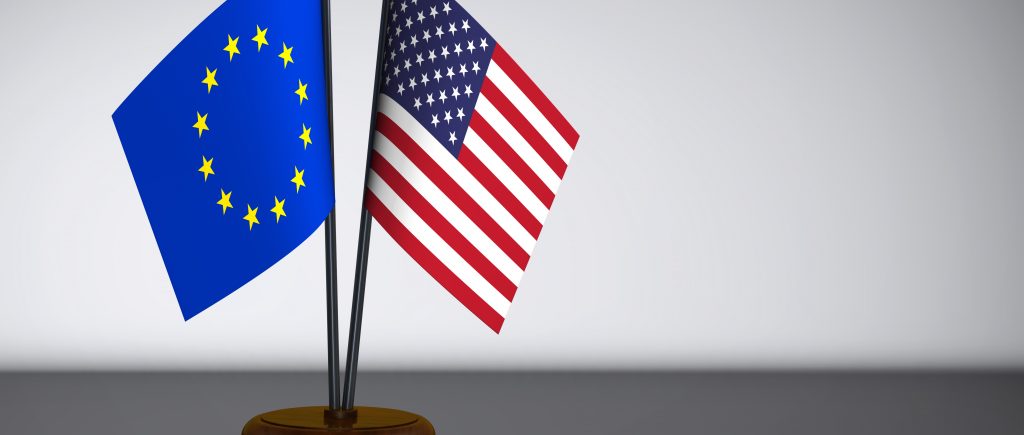As the US prepares to elect a new president, analysts have outlined what a Trump victory could mean for the global economy. However, Europe could expect from Democratic candidate Kamala Harris, who has stated that her presidency would not be a continuation of Joe Biden’s presidency. In terms of domestic policies, this could be true, as experts have outlined certain policy areas where Vice President Harris is ready to move away from her predecessor.
A Harris victory in next week’s election won’t cause much of a global shake-up, at least economically-speaking. The same cannot be said about a potential win for rival Donald Trump, also competing for the keys to the White House. The main point that could be highlighted in case of a Harris victory would be, symmetrically, the absence of the negative economic impacts expected for Europe should Trump follow through with his tariff plans.
Trump has repeatedly claimed that he will introduce either a 10% or 20% universal levy on all foreign-made goods. He has also proposed a targeted 60% import tariff on Chinese goods, along with a 100% tariff on all imported cars – no matter their country of origin. Trump’s proposed ramping up of tariffs, framed as measures to correct trade imbalances and protect industries in the United States, have the potential to significantly reshape international trade relations and supply chains, with notable consequences for the European Union.
Europe is more reliant on China than the US, so trade policies are likely to remain a point of friction. Whoever wins the presidential race, it seems there will be pressure placed on the EU to restrict trade with Beijing. China is the EU’s largest trading partner for goods after the United States, with bilateral trade reaching €739 billion in 2023. Green policy could also be a “flashpoint” for EU-US relations if Harris were to be elected.
A Harris win would broadly mean stability for Europe in terms of the economic impact. Many analysts expect that if Donald Trump wins the election next week, inflation could begin to rise again due to proposed import tariffs, tax cuts, and proposals to deport migrant workers. If inflation rises, this could prompt a hike in interest rates if the Federal Reserve deems it necessary to cool the economy. This would send bond yields up, meaning the government borrows at a higher rate of interest.
As well as voting for a president next week, US citizens will also vote on a number of other positions – notably who they want in Congress. The composition of Congress will matter significantly as it will determine how aggressive either candidate can be with their fiscal agenda.
European divisions are also put on Europe itself, as Trump is the most divisive politician of the age and splits European governments from each other, making coordinating any EU-wide response on trade or security even harder for officials in Brussels. Leaders in London, Berlin, and Paris might recoil from a Trump victory, but Europe’s authoritarians and hard-right leaders like Hungarian Prime Minister Viktor Orbán and Italy’s Giorgia Meloni will see it as a vindication of their positions.
In Germany, some are seeing opportunity in a Trump victory, but it’s not a positive one. Senior figures within the government privately admit that Chancellor Olaf Scholz’s coalition would be more likely to break up if Harris wins, as the prospect of Trump back in the White House would be such a threat to global political stability that all three governing coalition parties would have to think again before breaking up their alliance.

 Noor Trends News, Technical Analysis, Educational Tools and Recommendations
Noor Trends News, Technical Analysis, Educational Tools and Recommendations




